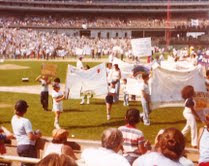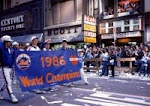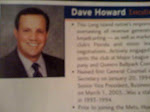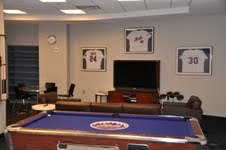Best Games I Know: Phillies (Updated)
-
*The best wins against the Phillies in Mets history …*
*May 5, 2022 – Mets 8, Phillies 7*
*The Mets score 7 runs in the 9th inning to overcome a 7-...
3 years ago














Post a Comment